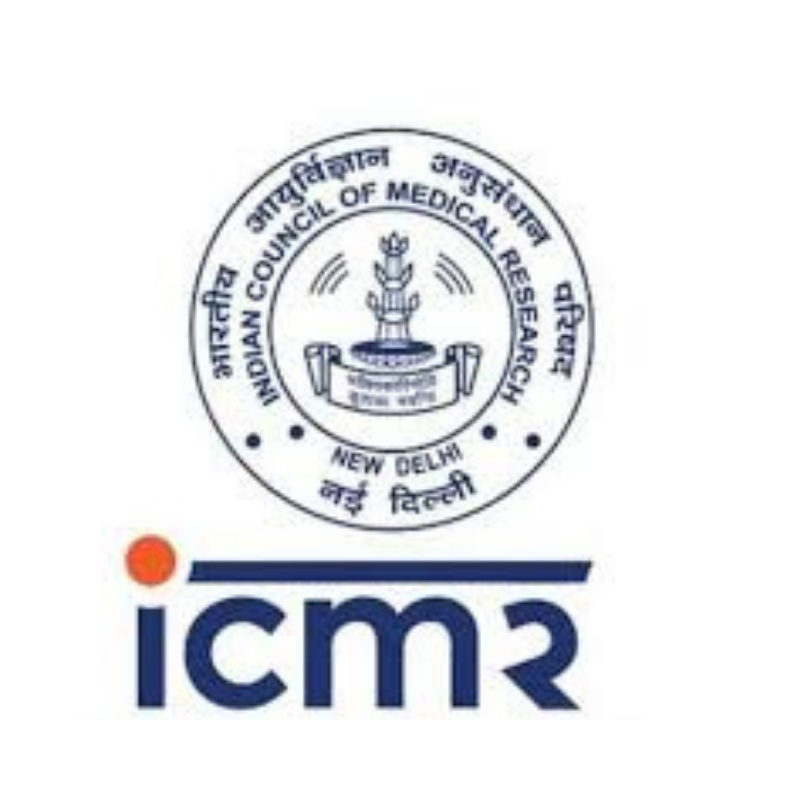The Indian Council of Medical Research (ICMR), New Delhi, is the foremost authority in India for the preparation, organization, and advancement of biomedical research and is one of the earliest medical research institutions in the world. The ICMR is subsidized by the Government of India under the Department of Health Research, Ministry of Health and Family Welfare.
In India, the Micro Biological business of the Indian Council of Medical Research focuses on species-specific PCR assay for detection of Leishmania donovani in clinical samples of kala-azar and post kala-azar dermal leishmaniasis, Species-specific PCR assay for detection of Leishmania donovani in clinical samples of kala-azar and post kala-azar dermal leishmaniasis, and immunogenic antigens of shigella.
The Indian Council of Medical Research filed a patent application numbered 3563/DEL/2012 that is titled as PRIMARY EPITHELIAL CELL LINE FROM CERVICAL LAVAGE. The patent has been filed in the field of Micro Biology. This Patent Application has been granted as Patent Number 349633. This invention relates to primary cervical epithelial cells from cervical lavage, in particular to in vitro method for culturing equivalents of human primary cervical epithelial cells and systems comprising defined cell culture medium formulations that facilitate in vitro cultivation of equivalents of cervical epithelial cells.
During the patent examination, the patent examiner raised objections under Section 3(d) of the Indian Patents Act 1970, stating that the subject matter of claims is directed to the mere use of a known method for culturing equivalents of human primary cervical epithelial cells. In the absence of experiment data, it is unclear whether any unknown technical effect is produced or not.
As a response, the Applicant submitted that the novelty of the invention was already acknowledged by the Learned Controller. Further, the process claimed was inventive in view of the submissions given for inventive step. The Applicant stated that the claims were characterized by several parameters and conditions and were not a mere use of a known method. Thus, the application of Section 3(d) is not warranted.
Advocate Rahul Dev is a Patent Attorney & International Business Lawyer practicing Technology, Intellectual Property & Corporate Laws. He is reachable at rd (at) patentbusinesslawyer (dot) com & @rdpatentlawyer on Twitter.
Quoted in and contributed to 50+ national & international publications (Bloomberg, FirstPost, SwissInfo, Outlook Money, Yahoo News, Times of India, Economic Times, Business Standard, Quartz, Global Legal Post, International Bar Association, LawAsia, BioSpectrum Asia, Digital News Asia, e27, Leaders Speak, Entrepreneur India, VCCircle, AutoTech).
Regularly invited to speak at international & national platforms (conferences, TV channels, seminars, corporate trainings, government workshops) on technology, patents, business strategy, legal developments, leadership & management.

